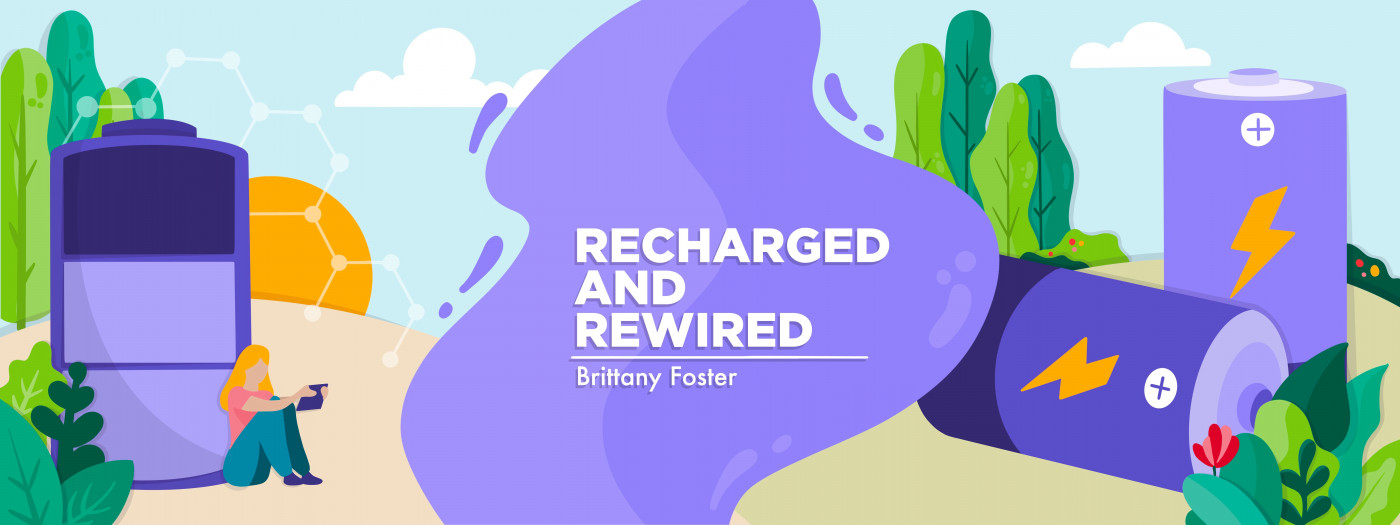How my healing process has helped me redefine hope
After cardiovascular surgery, I'm moving forward despite chronic pain
Written by |

H.O.P.E.: Hold on, pain ends.
This acronym came across my phone screen as I was scrolling through social media last month. Despite my physical pain and emotional discomfort, I laughed and thought to myself, “Whoever came up with this acronym has clearly never dealt with chronic pain. Pain doesn’t end.”
One month ago, I was just beginning to heal from major cardiovascular surgery, a result of my pulmonary hypertension. My stitches were out, the surgical glue had peeled, and the incision across my neck was new-scar pink. On the outside, these were positive signs of healing.
Beyond the surface, though, a different story was being told. I was continuing to suffer both physically and mentally, and I was actually taking steps backward in the healing process. That led to frustration and much more mental turmoil. Hoping for my pain to end felt irrational and unattainable.
When I was in so much pain those first few months after surgery, I protected my mental health from declining even further by disconnecting from any emotions. This reaction was that of a physical body that’d been stuck in survival mode too long.
Feeling no emotions about my medical difficulties and complications was, in fact, a trauma response. My energy wasn’t spent on processing emotions or connecting with my body. Instead, it was focused on using my strength to survive. Hope felt out of reach when I was totally distanced from feeling anything at all.
Taking action for healthier days
After the second full month of recovery, I knew I had to help myself out of this disconnect. The emotional emptiness was turning into isolation, self-sabotage, and feelings of worthlessness. I didn’t want the impending mental storm of major depression, crippling anxiety, and traumatic stress symptoms.
Although I thought healing was so far out of reach, I found the strength to help myself. I began by focusing my attention on creating daily routines and sticking to them. I used a calendar and wrote down a weekly plan. I set small, attainable goals and checked them off as I accomplished them. I prioritized practicing gratitude at the end of every day.
These small practices have helped restore my hope and fuel my healing. My 20-minute walks are now slow jogs. When I look at my daily routines and the task list I create for myself, I feel the accomplishment that goes along with marking items complete. My calendar is still filled with weekly appointments, but I’ve noticed they’re no longer draining all of my physical energy.
During this pause, I’m also doing some professional development and rediscovering my love of learning. Even with the inevitable setbacks, I practice gratitude by writing down any small step forward. Documenting these small victories helps set me up for a better and even stronger comeback.
Last month, I almost tossed my phone on the ground after reading that acronym for the word hope. “Pain doesn’t end,” I thought as my mind and body were struggling in survival mode. But through the healing process, I’ve concluded that hope shouldn’t mean “pain ends,” anyway.
This month, I’ve realized that hope is appreciating the small victories. It’s the lessening of pain. It’s slowly building strength to become a better and more healed version of myself. Hope helps me pull myself out of some of my darkest days so I can experience the better ones that are ahead.
Note: Pulmonary Hypertension News is strictly a news and information website about the disease. It does not provide medical advice, diagnosis, or treatment. This content is not intended to be a substitute for professional medical advice, diagnosis, or treatment. Always seek the advice of your physician or other qualified health provider with any questions you may have regarding a medical condition. Never disregard professional medical advice or delay in seeking it because of something you have read on this website. The opinions expressed in this column are not those of Pulmonary Hypertension News or its parent company, Bionews, and are intended to spark discussion about issues pertaining to pulmonary hypertension.





Leave a comment
Fill in the required fields to post. Your email address will not be published.